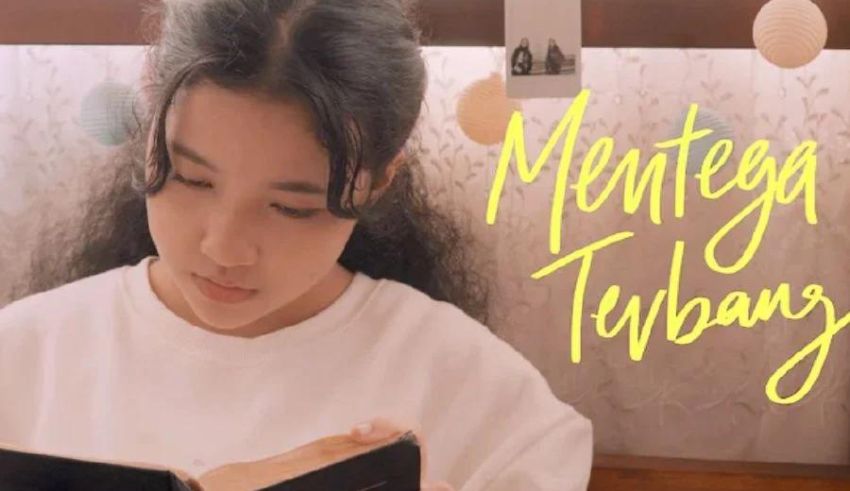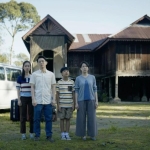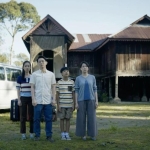
Mentega Terbang is an independent, low-budget film that tells the story of Aishah, a 15-year-old Muslim girl who becomes curious about other religions’ views on the afterlife after her mother falls terminally ill.
The film depicts Aishah’s journey of exploring Christianity, Buddhism, Hinduism, and Sikhism, and her interactions with people of different faiths and backgrounds.
The film, which was directed by Mohamad Khairianwar Jailani and produced by Tan Meng Kheng, was screened at a regional film festival in 2021, where it received positive reviews and awards. However, the film also sparked outrage and criticism from some Muslim conservatives in Malaysia, who accused the film of promoting apostasy, insulting Islam, and wounding the religious feelings of Muslims. They also filed police reports and called for the authorities to ban the film.
In September 2021, the Malaysian Home Ministry issued a Film Censorship (Prohibition) Order 2021, which banned Mentega Terbang from any screening in Malaysia, without giving any reason. The filmmakers challenged the ban in court, arguing that it was irrational and unconstitutional, and that it violated their right to freedom of expression.
The prosecution and the defense of the filmmakers
In January 2024, the filmmakers were charged in the Magistrate’s Court with deliberate intention of wounding the religious feelings of others, under Section 298 of the Penal Code, which carries a punishment of imprisonment for up to one year, a fine, or both upon conviction. The filmmakers pleaded not guilty, and were released on bail with a gag order.
The prosecution, led by deputy public prosecutors Abd Malik Ayob and Nor Azizah Aling, claimed that the filmmakers had offended the religious feelings of Muslims by depicting scenes that were contrary to the Islamic teachings, such as Aishah desiring to eat pork, pretending to drink holy water, and wishing to leave Islam. The prosecution also claimed that the filmmakers had acted with a deliberate intention to wound the religious feelings of others, and that their film had caused public disorder and disharmony.
The defense, led by lawyer N. Surendran, argued that the filmmakers had not intended to wound the religious feelings of anyone, and that their film was a work of art and fiction that explored the universal themes of life, death, and faith. The defense also argued that the filmmakers had the right to freedom of expression, and that their film did not pose any threat to the public interest or national security.
Keep Reading
The implications and the prospects of the issue
The issue of the banned film and the prosecution of the filmmakers has implications and prospects for the future of Malaysian society and cinema, as well as for the freedom of expression and the human rights in Malaysia.
On one hand, the issue could reflect and reinforce the censorship and the conservatism of Malaysian society and cinema, and the intolerance and the discrimination of some religious groups and authorities. On the other hand, the issue could also challenge and change the censorship and the conservatism of the Malaysian society and cinema, and the awareness and the respect of the diversity and the pluralism of the Malaysian people and culture.
The issue also depends on the actions and the responses of the filmmakers, the authorities, and the public, as well as the outcome and the direction of the trial and the appeal. They could either support or oppose the ban and the charge, and either encourage or discourage the dialogue and the debate on the issue.
They could also propose or oppose additional measures or initiatives to address and resolve the issue and to maintain and promote the freedom of expression and the human rights in Malaysia.




























